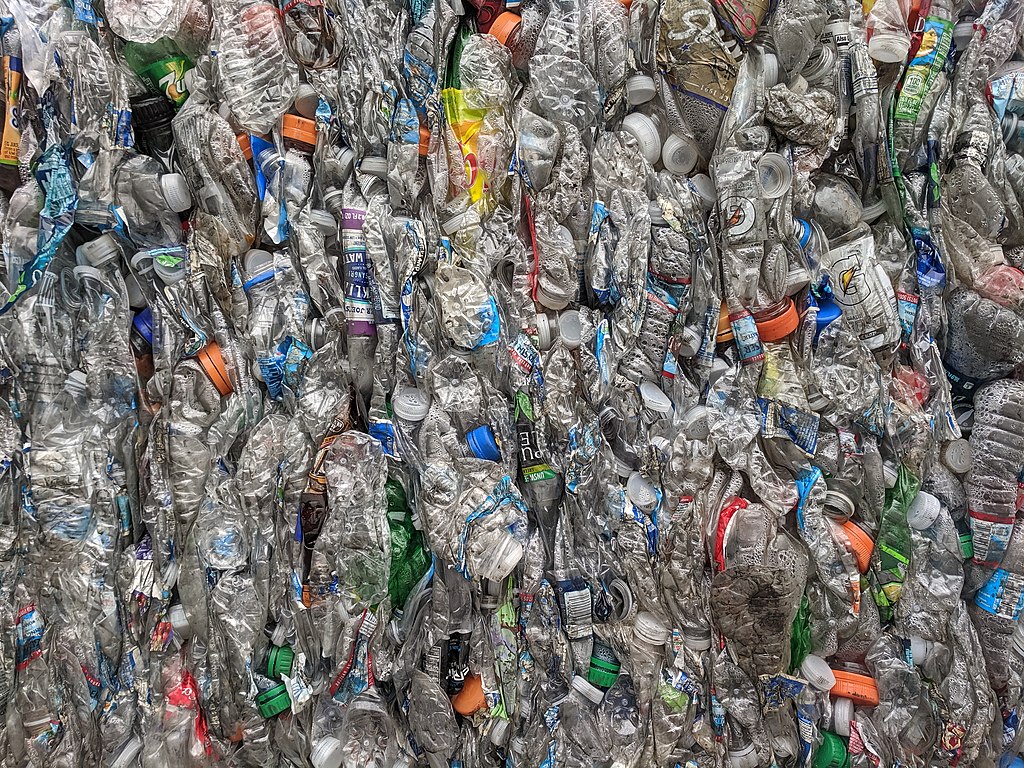Excerpt:
“We are committed to the activities, but not committed to the results,” a vice president at Exxon Chemical said during a meeting in 1994 with staff for the American Plastics Council, a trade group.
The plastics industry has worked for decades to convince people and policymakers that recycling would keep waste out of landfills and the environment. Consumers sort their trash so plastic packaging can be repurposed, and local governments use taxpayer money to gather and process the material. Yet from the early days of recycling, plastic makers, including oil and gas companies, knew that it wasn’t a viable solution to deal with increasing amounts of waste, according to documents uncovered by the Center for Climate Integrity.
Around the time the plastics industry launched its recycling campaign, the head of a trade group called the Vinyl Institute acknowledged at a 1989 conference that “recycling cannot go on indefinitely, and does not solve the solid waste problem.”
One of the biggest challenges is that making new plastic is relatively cheap. But recycling generally costs as much as or more than the material is worth, a director of environmental solutions at B.F. Goodrich explained at another industry meeting in 1992. The “basic issue,” he said, “is economics.”
But the industry appears to have championed recycling mainly for its public relations value, rather than as a tool for avoiding environmental damage, the documents suggest. “We are committed to the activities, but not committed to the results,” a vice president at Exxon Chemical said during a meeting in 1994 with staff for the American Plastics Council, a trade group.
Ross Eisenberg, president of an industry group called America’s Plastic Makers, said in a statement that the report from the Center for Climate Integrity “cites outdated, decades-old technologies, and works against our goals to be more sustainable by mischaracterizing the industry and the state of today’s recycling technologies. This undermines the essential benefits of plastics and the important work underway to improve the way plastics are used and reused to meet society’s needs.”
America’s Plastic Makers has set a goal for all plastic packaging in the U.S. to be “reused, recycled, recovered by 2040,” Eisenberg said.
The Center for Climate Integrity compiled the documents in a report titled “The Fraud of Plastic Recycling: How Big Oil and the plastics industry deceived the public for decades and caused the plastic waste crisis.” It builds on earlier investigations, including by NPR, that have shown the plastics industry promoted recycling even though its officials have long known that the activity would probably never be effective on a large scale…









